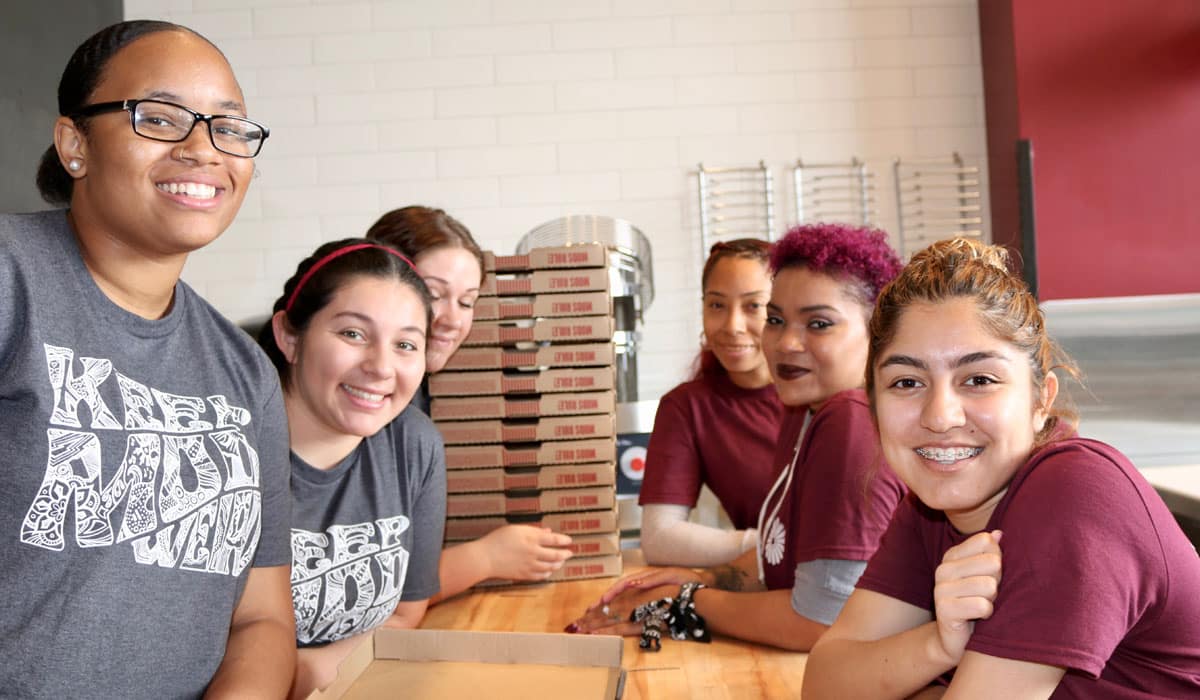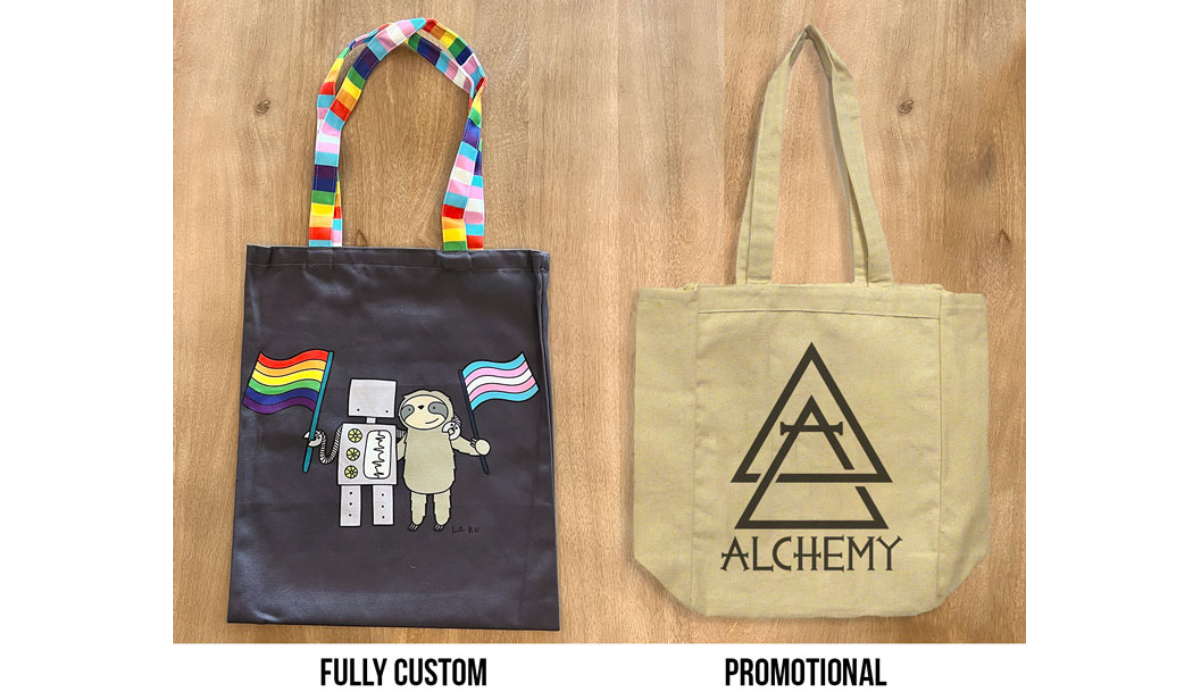Shortly after COVID-19 first started to spread in the U.S., restaurants sprang into action by supporting first responders who were tasked with fighting the virus in hospitals across the country. But as the pandemic dragged on, it became apparent that there was a whole other population of frontline workers who needed support: employees in those same restaurants.
Between putting themselves at risk as essential workers, abiding by more stringent cleaning and safety protocols, and serving as mask police for customers coming into their stores, restaurant employees have had an exhausting and stressful year. And now more restaurants are offering a helping hand.
Throughout 2020, many opted to financially support their staff. From major companies like Yum! and Inspire down to smaller chains like Grumpy’s and Agave & Rye, restaurants launched employee relief funds as a way to provide for workers whose hours were slashed or whose home circumstances prevented them from working.
Others set out to protect the mental and emotional health of their teams. Uno Immanivong is one of them. The chef and owner of Dallas fast casual Red Stix Asian Street Food says she decided to reduce store hours and close on Sundays during the pandemic to allow her staff time to spend with family. Their work/life balance, she adds, was critical to supporting the health of the business.
“How we preserve the well-being of our team is important, whether it be our team members, guests, or myself,” Immanivong says. “As cliché as this may sound, we are in this together, and we simply don’t know what folks are going through physically, mentally, or financially.”
MOD Pizza has likewise set out to ensure its 10,000-plus employees had resources to support their mental health. One of the reasons was that MOD’s “impact hiring” platform employs many who have been incarcerated or homeless, or who have a history of drug addiction or mental disability.
“We employ a lot of people who otherwise have barriers to employment,” says Scott Svenson, CEO and cofounder of the Seattle-based company that has nearly 500 locations. “We have maybe more at-risk employees than the typical population of people in our industry, and so we focused very clearly on, how do we take care of them? And how do we make sure that we help them through these difficult times?”
One move MOD made was to extend its squad meal program—which typically offers employees a free meal during their shift—to all employees and their families. It also changed the program so that workers could come in at any time for a free meal. Svenson says that was done in order to ensure that employees wouldn’t go hungry, particularly at a time when many of them had their hours cut back because of COVID.
MOD also ramped up its Bridge Fund, an emergency relief fund that has been available to employees since the company launched in 2008. Svenson says that in the first nine months of the pandemic, MOD provided $600,000–$700,000 worth of relief to workers in need, in the form of $500–$2,000 grants.
The brand has especially relied upon its store-level culture to support mental-health needs of employees, and that’s been facilitated through its general managers.
“That’s something we pride ourselves on, is really creating that family feel where that general manager cares about their squad not just as employees, but as people, and has their back and is there to make sure that we’re a positive force in their life,” he says. “That’s incredibly important to how our squad feels.”
Because of the nature of MOD’s impact hiring program, it has many employees who are recovering addicts or dealing with substance abuse. Svenson says this became an “unexpected challenge” that the company needed to solve for, as these employees were suddenly without their support systems, such as Alcoholics Anonymous meetings, because of quarantine and stay-at-home orders.
“We had a very enterprising and caring member of our team help us set up virtual support meetings where we hosted them—it wasn’t a MOD-sponsored event; there are a bunch of rules around these support organizations where we can’t be seen as a formal sponsor—but they used the MOD community and they used the MOD platform to create virtual support meetings,” he says.
The return on the investment MOD has made in its workforce throughout the pandemic is clear: Taking care of its people, particularly in a time of crisis, leads to employees who feel like they’re part of a community and want to continue being a part of it for the long-term.
“The best way to have a productive workforce is to have a well-trained, well-tenured workforce,” Svenson says. “Retention leads to productivity and a well-trained, highly productive team that is engaged with who you are and what you’re doing and feels like they’re a part of something meaningful and something that has their back.”











